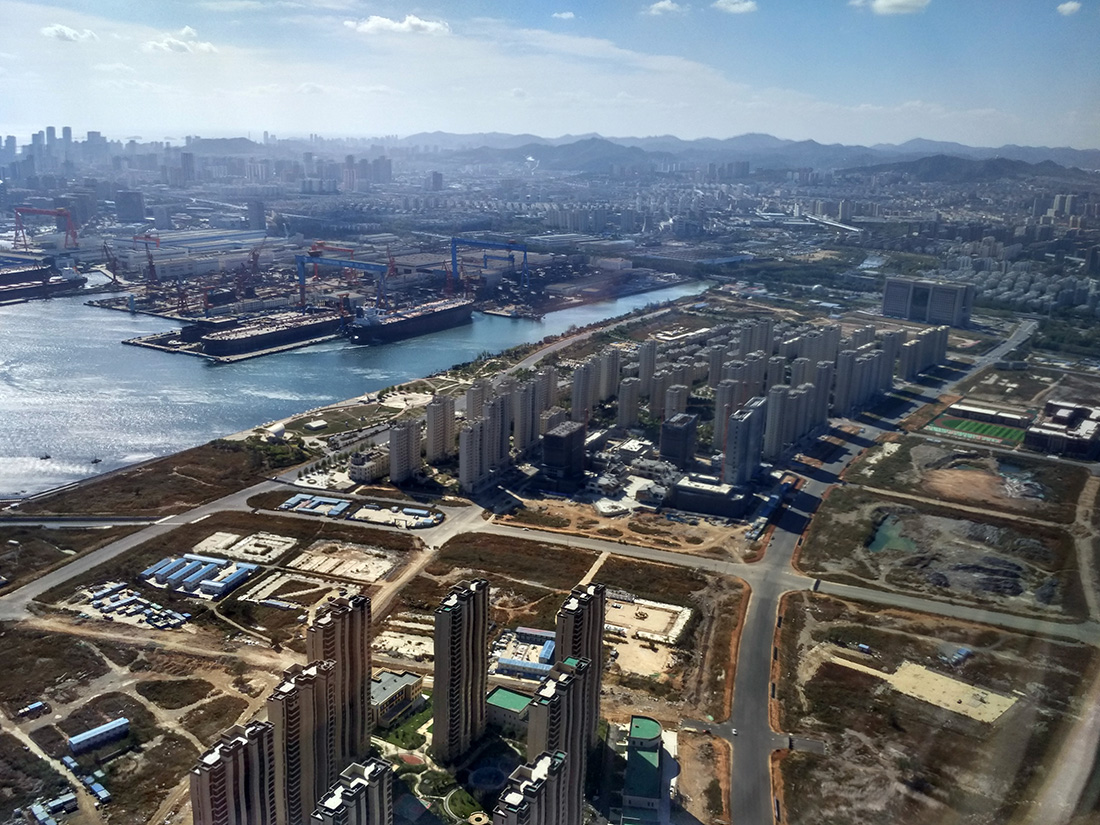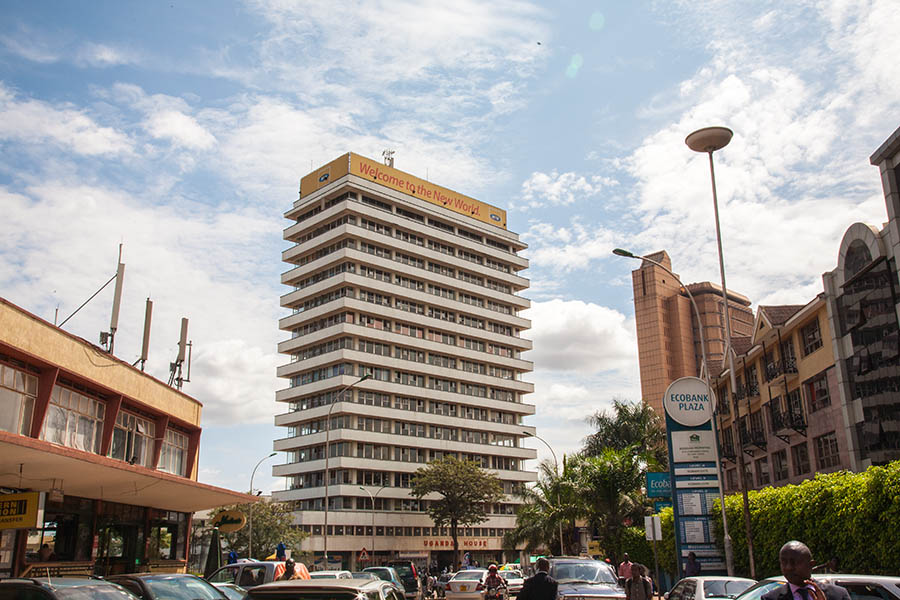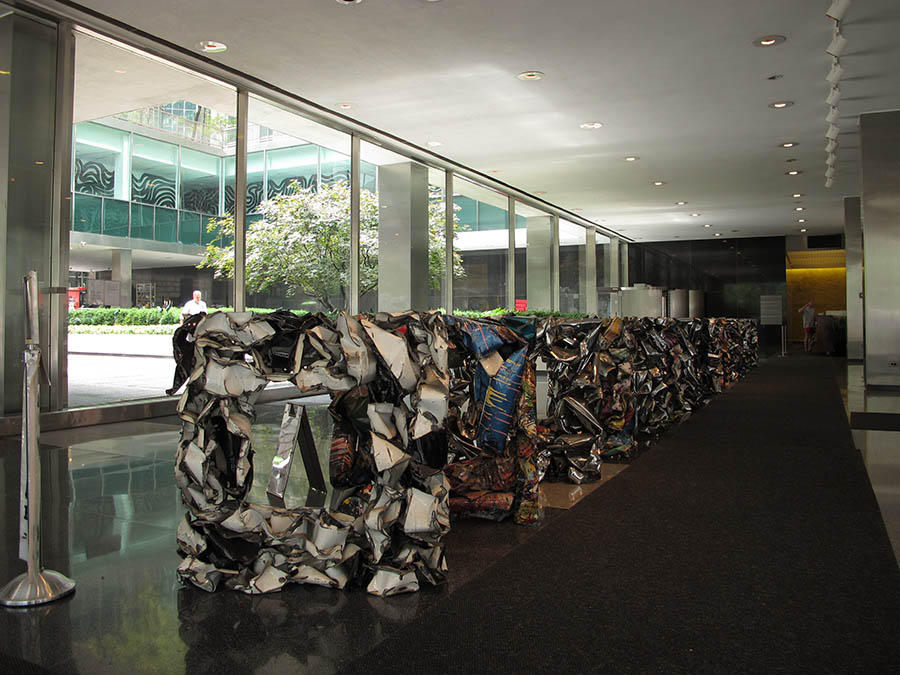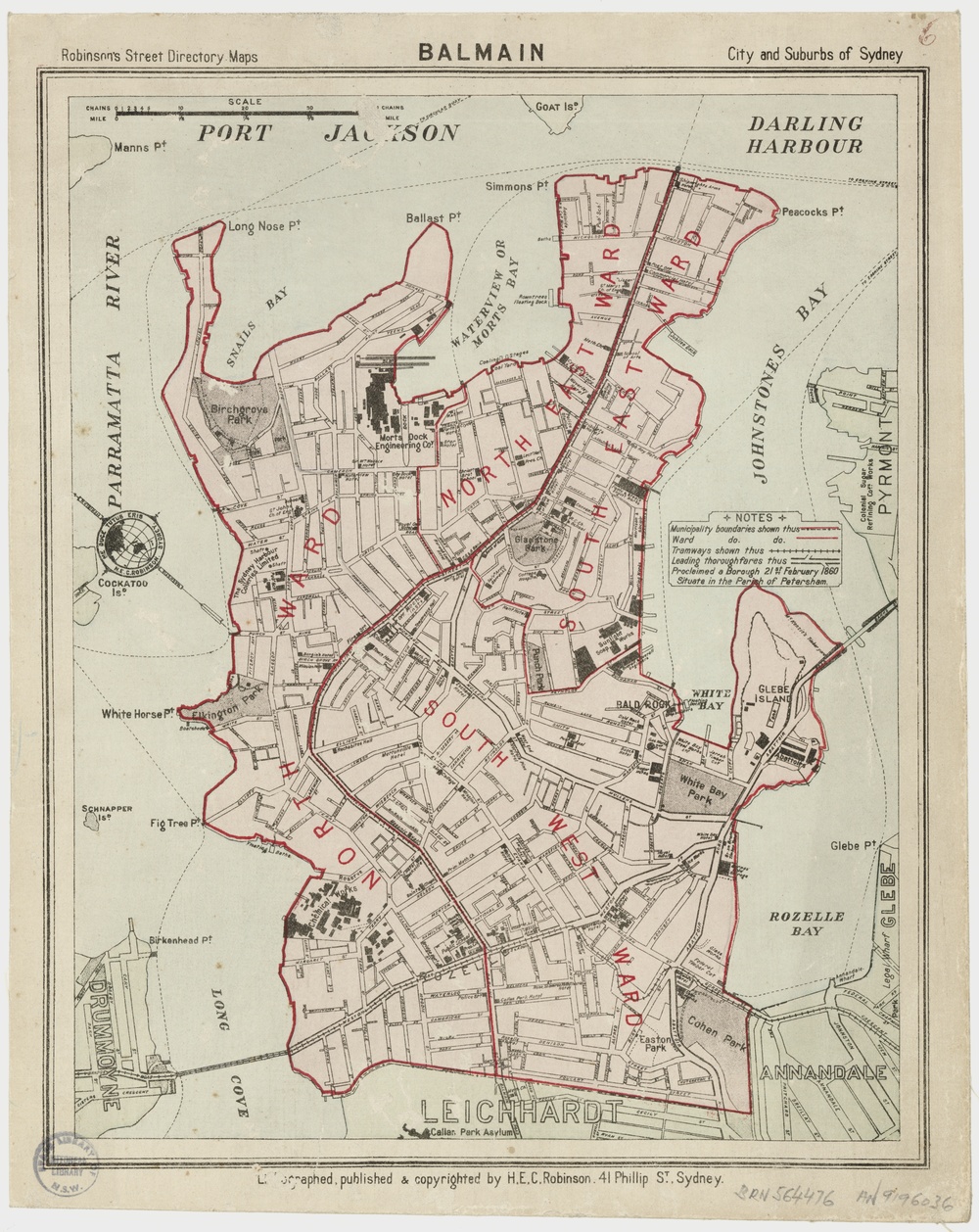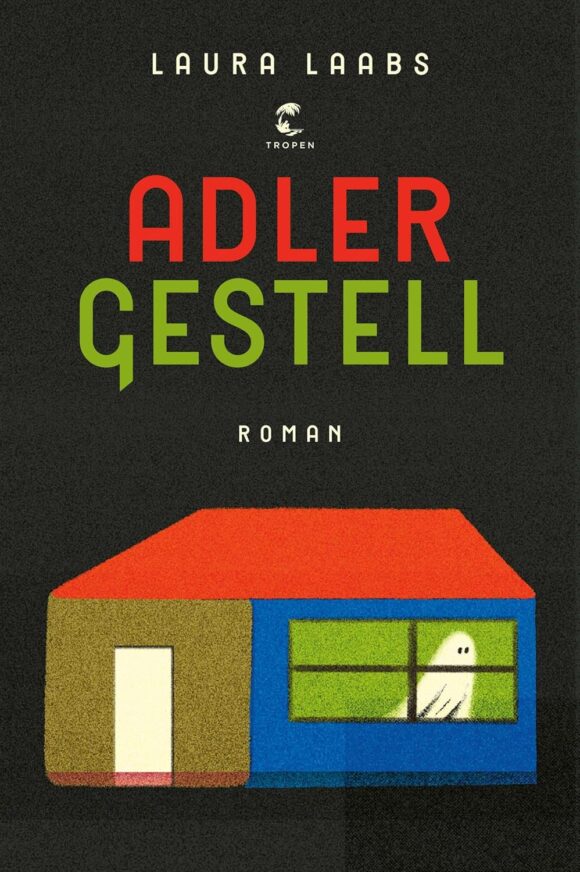My latest op-ed was published in Nikkei Asia today. In it I discuss the UN’s most recent World Urbanization Prospects update, which I had already covered on this blog.
I thought I’d develop some of the arguments of the blog post into a proper article, the hook of which is Tokyo’s passing the baton to Jakarta as the world’s largest city, or better, urban functional area.
While researching I found out that Terry McGee passed away in June last year. His desakota concept of wet rice-growing Asian urbanization is an apt way of understanding the reshuffling of the UN’s list.
Here are the first few paragraphs. You can read the whole piece here.
“In November 2025, the United Nations released an update to its “World Urbanization Prospects” report. The updated data officially closed the chapter on Tokyo’s long reign as the world’s most populous city, crowning 42-million-strong Jakarta as the new global No. 1, with Dhaka (37 million) coming second before the Japanese capital (Greater Tokyo area) with 33 million inhabitants.
Several months before that, in June, the visionary New Zealand-born geographer Terry McGee passed away at 89. McGee’s seminal work on Asian urbanization taught us that the city is “not a place, but a process.” His desakota concept (from the Indonesian desa for village and kota for city) describes how features of the rice-growing countryside can survive in an increasingly urban setting.
The change at the top of the list affirms McGee’s understanding of the Asian urban condition and deserves closer attention. At the heart of it lies a change in methodology of the U.N.’s calculations. It now uses geospatial data to help it identify functional urban areas and can look beyond arbitrary administrative boundaries and inconsistent census data.
A closer look at the 2025 megacities — urban agglomerations with more than 10 million inhabitants — reveals several cities that fit squarely into McGee’s rice-growing desakota typology: Jakarta, Dhaka, Ho Chi Minh City, Bangkok and Manila all sit on fertile river deltas where the mix of village and city is the primary spatial logic.
As these cities have grown rapidly over the recent past, they are now confronting unique challenges of scale and governance. They would do better to learn from regional peers than to import “best-practice” governance models developed for very different urban histories. (…)”
